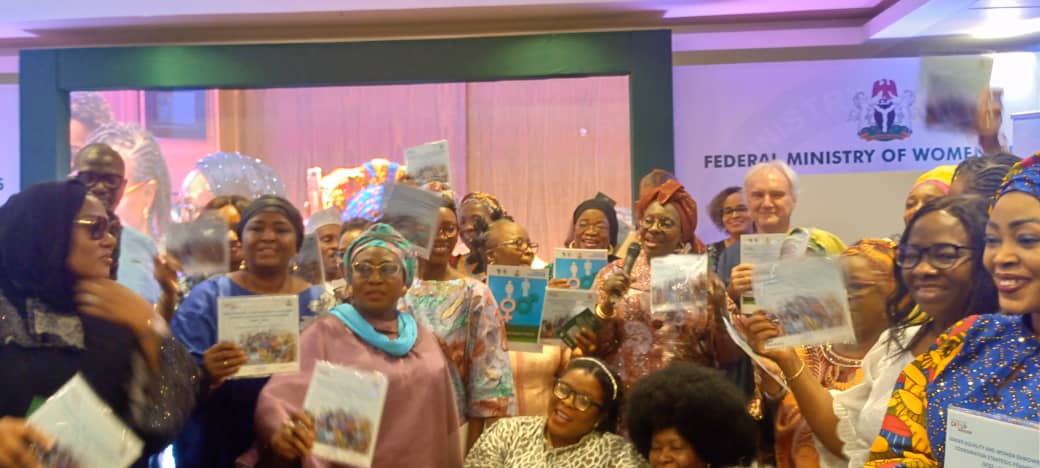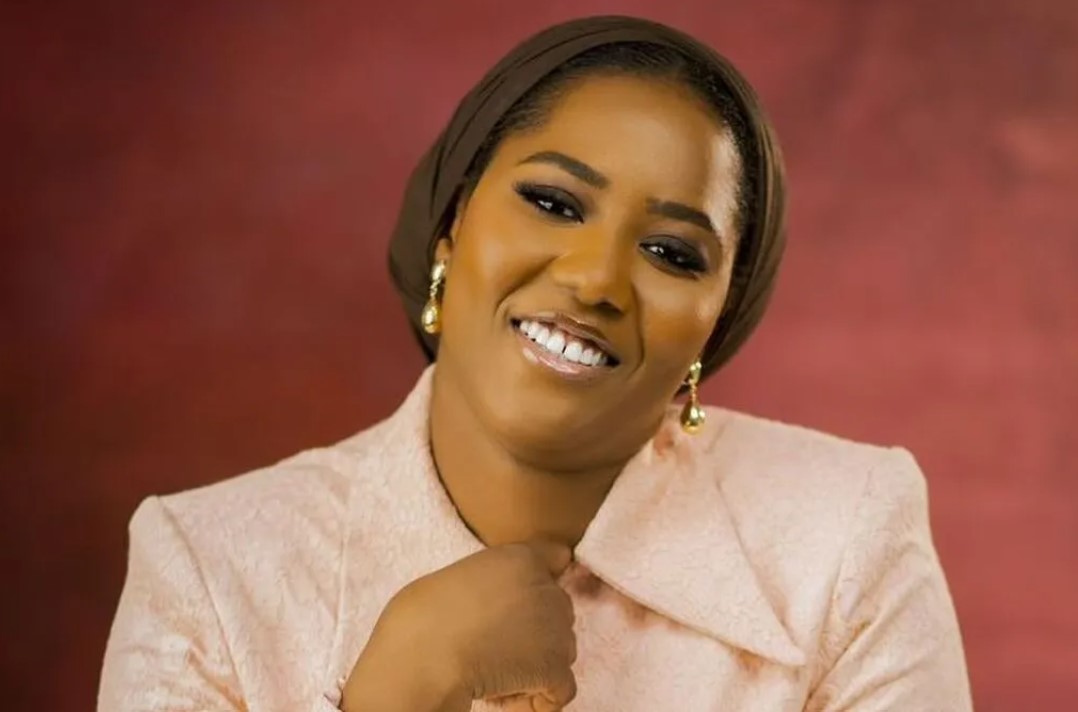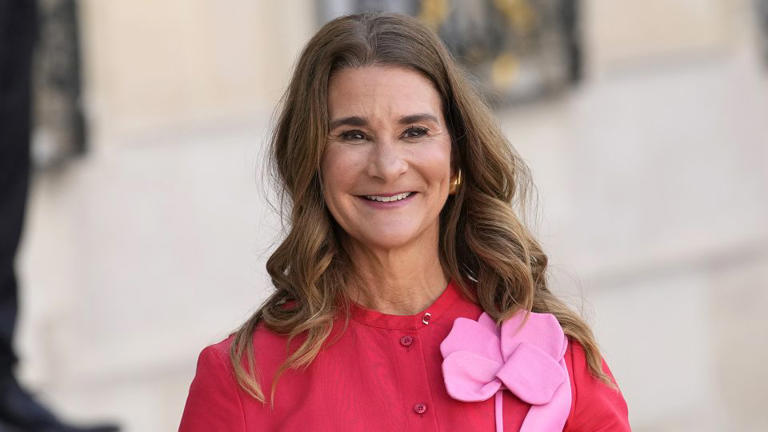
Gender Policy to deepen women’s participation in politics
- GenderHuman Capital Development (HCD)
- No Comment
- 372
The Federal Government in collaboration with development partners Friday, launched the National Women Economic Empowerment (WEE) Policy with an action plan to address policy gaps and catalyze multi-sectoral partnerships to drive women’s economic empowerment and gender equality in the country.
The Minister of Women Affairs and Social Development, Dame Pauline Tallen, while unveiling the policy document, stated that WEE Policy builds on the National Gender Policy and other sectoral policies as it combined expert perspectives, government priorities and grassroots voices of Nigerian women engaged over the course of the past 24 months to propose high-impact ways to address the challenges facing women.
She said: “We have heard stories of women traders, who have been forced to shelve transformative business ideas because they could not access N2,000 from the financial system. In some instances, we heard stories of women smallholder farmers, who consistently receive less than one-tenth of the value of the high-value crops like coffee and shear butter; and even high-potential girls, who are consistently top of their class and aspire to build careers in science and technology, but have had to defer their dreams because “the boys have to go to School first”.
“As a way forward, we had to seek for ways to change these narratives resulting in the National WEE Policy and Action Plan being launched today”, she stated
The Minister mentioned that the Policy draws attention to key sectors, where most Nigerian women and girls are employed or likely to pursue livelihoods, such as agriculture, entrepreneurship, the traditional labour market, education and skills.
She added that the Policy also recognizes cross cutting enablers as Women’s Financial Inclusion (WFI) and Literacy, Digital Innovation, Literacy, Access, Household, Workplace, and Community Support Structures, as well as issues of Gender-Responsive and Data-Driven Government Processes such as policy making, budgeting, and procurement)
The Country Director, ActionAid Ene Obi, in her remarks, commended the Development Partners Group on Gender (DPGG), for the collaborative effort that went into development of this strategic framework that will provide focus and direction to members for coordination around gender equality and women empowerment programs in Nigeria.
She stated that the DPPG was made up of about 100 mult-ilateral, government agencies, donor organizations, development partners, United Nations agencies and international NGOs working to enhance co-ordination for gender quality and the empowerment of women and girl, in alignment with the national and state gender machineries.
Obi stated that the group over the years, has been able to chart a pathway for increased stakeholder commitment to gender equality in policy and programmes at all levels of governance in Nigeria.
The United Nations Resident Coordinator in his remarks stressed the need for more women representation in policy making.
By Joke Falaju
https://guardian.ng/news/fg-launches-new-gender-policy-to-deepen-women-participation-in-politics/





